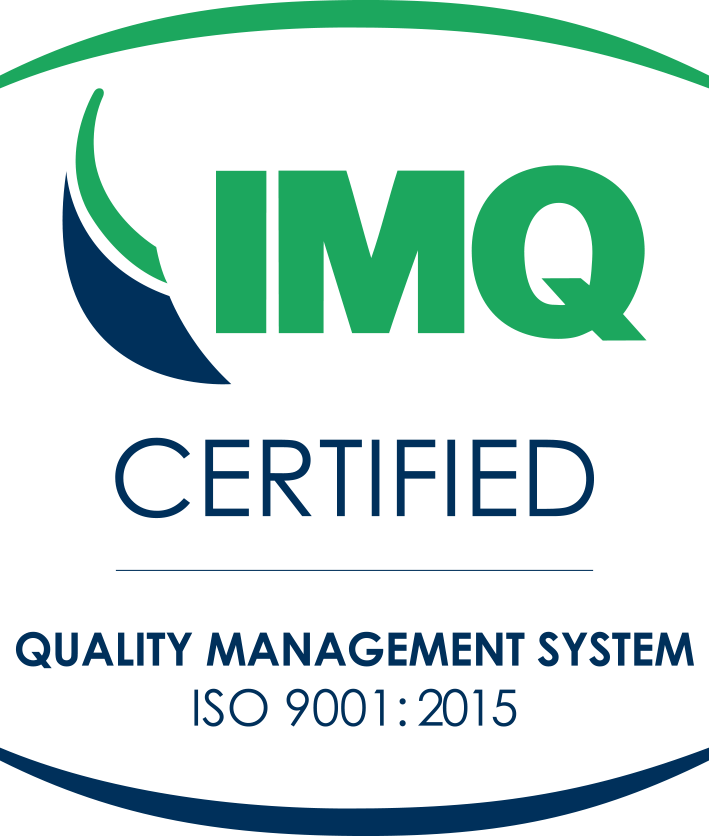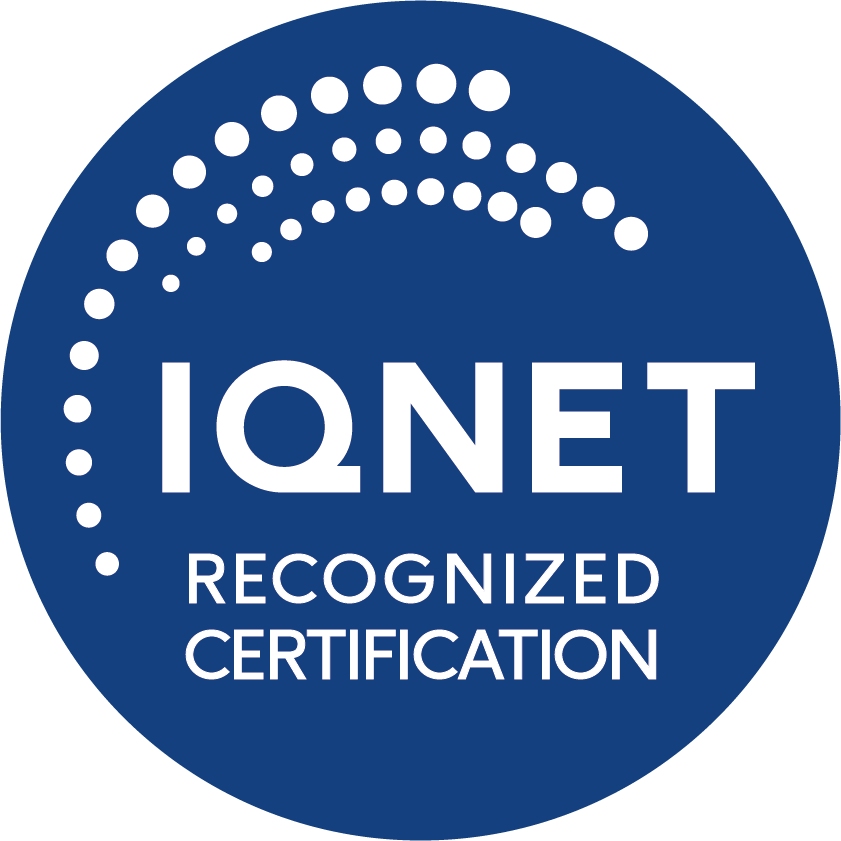Determination of a product’s ability to remove compounds from the surface of contact lenses, or a product’s ability for contact lens care to be removed from the surface of the lenses.
Determination of a product’s ability to remove compounds from the surface of contact lenses, or a product’s ability for contact lens care to be removed from the surface of the lenses.
Determination of the ability of contact lens cleaners to remove proteins (present in tears) from the lens surfaces.
Determination of the ability of contact lens cleaners to remove lipids (present in tears) from the lens surfaces.
In Compliance with Standards EN ISO 11981:2018.
Determination of the physical compatibility (variations in radius, power, diameter, spectral transmittance, and physical appearance) of contact lens care products with the lenses.
Determination of the ability of ophthalmic products to relieve eye symptoms through clinical trials with patients.
Verification and validation testing of ophthalmic product designs through a process of observation and collection of data gathered during the use of the product by actual users.
Design, as appropriate, and implementation of post-marketing studies based on the collection of clinical data from the use of medical devices in humans.
Assessment of the alteration of the physico-chemical properties (EN ISO 11981:2018 standard) of contact lenses and the growth of microorganisms (UNE-EN ISO 11978:2018/A1:2021), after long periods of storage in maintenance solutions.
Determination of TFSQ parameters based on the ratio of contact lens dehydration with maintenance solutions and artificial tears, to improve their wearability and lubrication.
Determination by assay, with MTT reagent, of cell viability after treatment with ophthalmic products. In accordance with Standard EN ISO 10993-5:2009.


